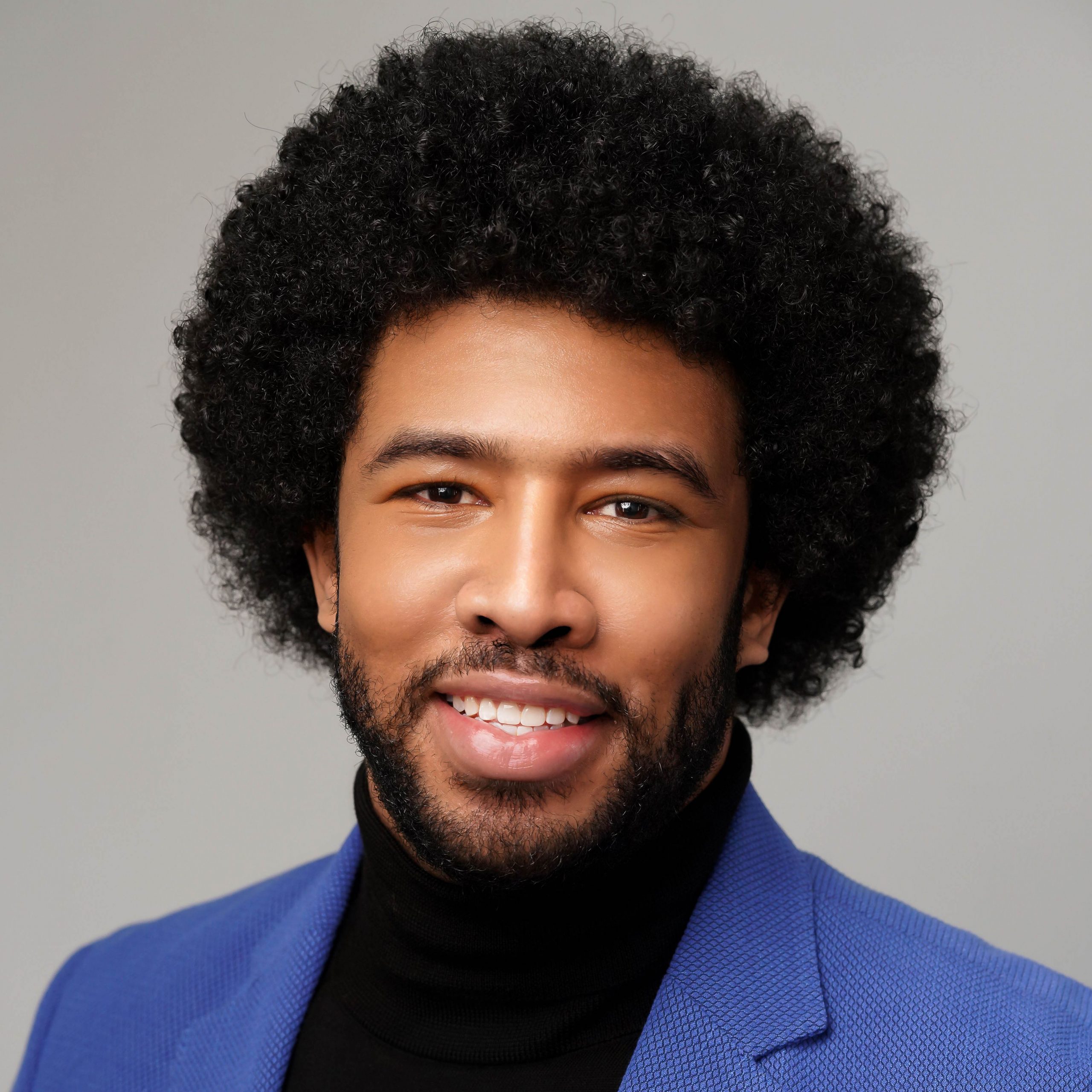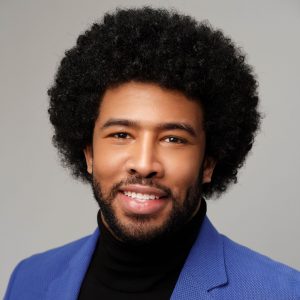
Trump admin continues targeting press freedoms
by Joe Siegel
According to many in the media, the Trump administration has launched an unprecedented attack on press freedoms over the last three months.
But what impact is this having on LGBTQ media and their reporters and writers?
Kevin Naff, editor of the Washington Blade, said the newspaper’s access to the White House Briefing Room has not changed.
“We were informed by the WHCA that Trump plans to take control of the briefing room and change the roster of outlets with dedicated seats,” Naff said. “We hope to retain our seat, which took decades of hard work to secure. The Blade will be at the … White House Correspondents’ Dinner and we look forward to more guidance from WHCA on what the future holds.”
On February 11, the Associated Press was informed by the White House that it would be barred from attending official events. Executive editor Julie Pace said the ban was retaliation for the AP Stylebook’s continued use of “Gulf of Mexico” rather than “Gulf of America” following an executive order renaming the body of water.
On April 8, a federal judge in Washington, D.C., ordered the administration to restore the AP’s access to presidential events, the Advocate reported. “The ruling affirms that the First Amendment prohibits punishing journalists for refusing to adopt government-mandated language — like renaming the Gulf of Mexico to the ‘Gulf of America.’”

The Advocate also noted that White House Correspondents’ Association (WHCA) president Eugene Daniels, an out gay journalist who serves as senior Washington correspondent at MSNBC, has repeatedly condemned the administration’s actions. “Prohibiting journalists from access because of their editorial decisions is viewpoint discrimination,” Daniels said in February. “The White House cannot dictate how news organizations report the news.”
On April 11, the Washington Blade reported that White House Press Secretary Karoline Leavitt and a senior advisor in the Department of Government Efficiency rejected requests from reporters who included their pronouns in email signatures, each telling different reporters at the New York Times that “as a matter of policy,” the Trump administration will decline to engage with members of the press on these grounds. “Any reporter who chooses to put their preferred pronouns in their bio clearly does not care about biological reality or truth and therefore cannot be trusted to write an honest story,” Leavitt told the Times.
Trump and his top campaign donor Elon Musk, who Trump brought in to greatly reduce the size and scope of the federal government, have publicly insulted journalists by name for their reporting and have called for their removal.
Musk falsely claimed Reuters and Politico received improper government subsidies, leading to punitive actions. Trump ordered government agencies to cancel any subscriptions to Politico Pro after negative coverage of Musk, using his political power to punish dissent.
“Direct actions — like barring the AP from official events or keeping other legitimate news organizations out of those events or press conferences — have no immediate effect on a small publication like ours with a very specific audience,” said Tammye Nash, managing editor of the Dallas Voice. “But that, along with the allegations against other news organizations like Reuters and Politico along with the personal attacks on individual journalists for truthful reporting and against legitimate media in general are, I believe, creating a dangerous climate for individual journalists, and not just those named specifically in insults or threats, and for real journalism as a whole.”
Nash believes the problem will only get worse as time goes on. “I think we have all become targets, and I think the MAGA population that buys into the lies and threats are likely to, at some point, act on their animosity. And when they do, they will target their local media, with smaller news organizations like LGBTQ papers being especially vulnerable.”
Nash says LGBTQ media outlets need to stand strong against threats and bullying from the administration. “We can’t let them bully us. We have a job to do, a responsibility to the communities we serve. We should take reasonable precautions, but we have to keep doing our jobs.”
IN THE NEWS
Volume 27
Issue 3








